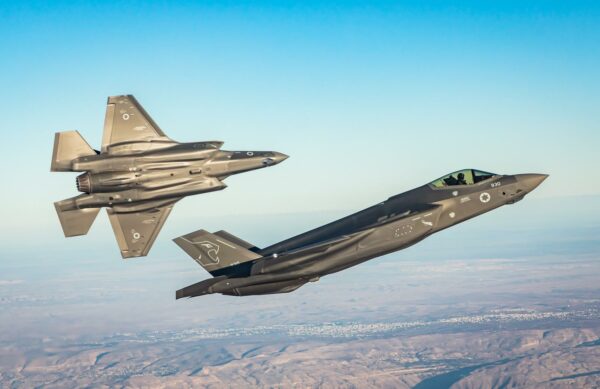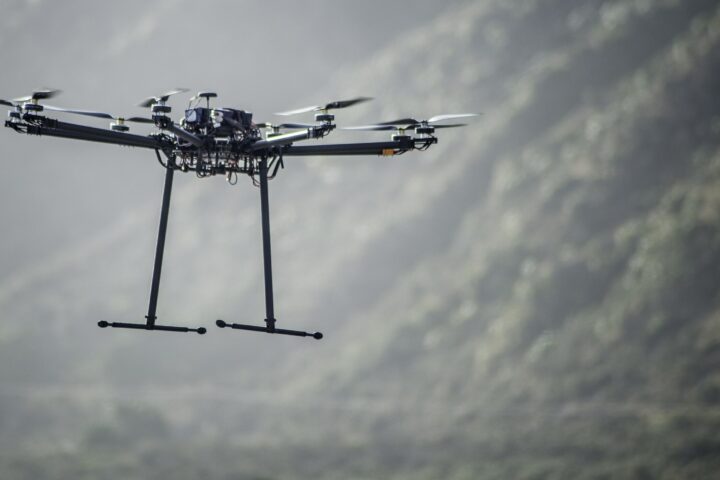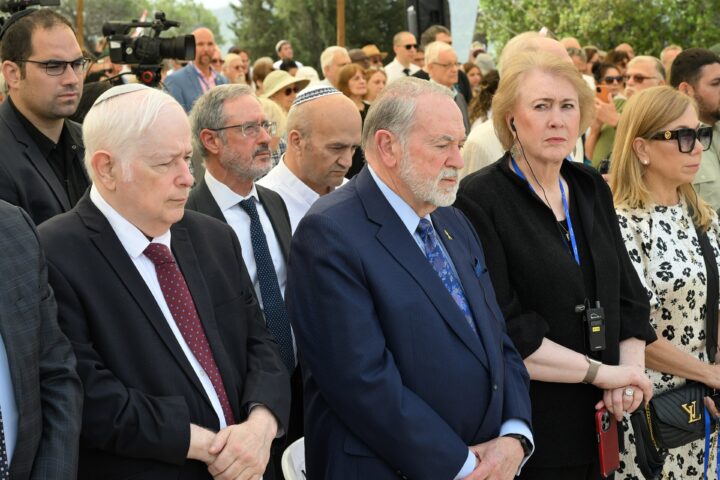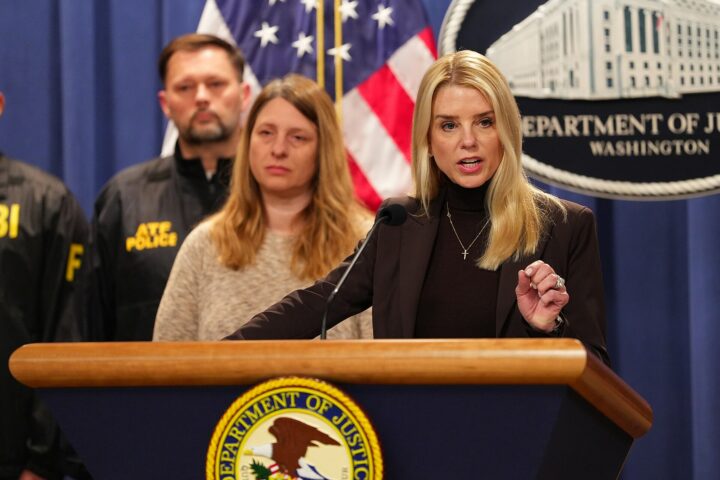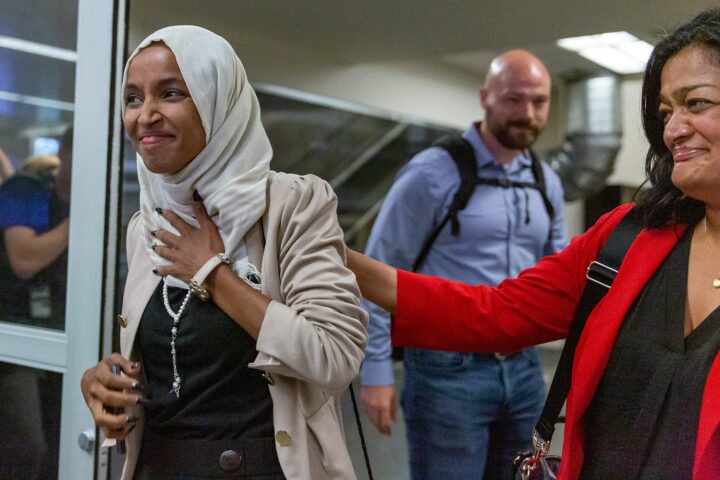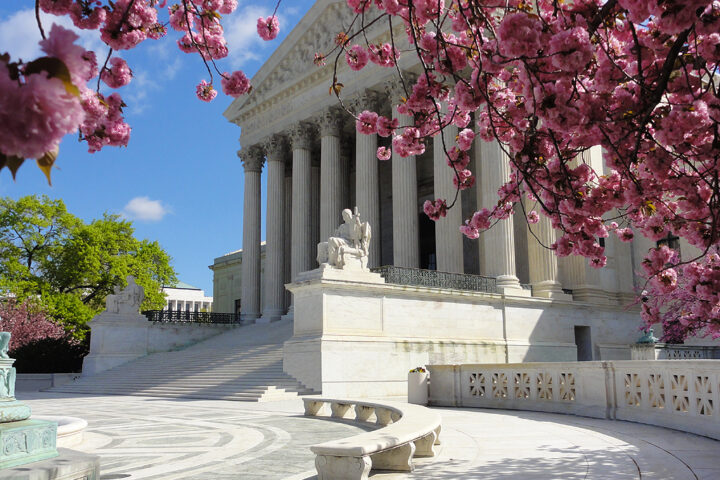President Donald Trump announced Monday that he intends to approve the sale of advanced F-35 fighter jets to Saudi Arabia, positioning the move as part of a broader affirmation of the kingdom’s value as a strategic American partner ahead of Crown Prince Mohammed bin Salman’s visit to Washington this week.
“We will be doing that, we will be selling F-35s,” the president told reporters in the Oval Office, offering one of his clearest endorsements yet of expanding U.S. military cooperation with Riyadh. Trump framed the decision as a natural extension of what he described as years of close alignment between the two countries, especially amid heightened tensions with Iran.
But the sale must still satisfy a critical legal requirement: ensuring that any weapons transferred to Middle Eastern nations do not diminish Israel’s Qualitative Military Edge, a longstanding congressional mandate designed to protect Israel’s security. It remains uncertain whether the administration has fully cleared that hurdle, though Trump expressed confidence in the path forward.
Earlier in the day, the president praised the Saudis as a “great ally,” highlighting their cooperation as the United States carried out strikes on Iran’s nuclear facilities in June. While details surrounding the operation remain classified, Trump strongly suggested that American action succeeded with help from Riyadh. “They want to buy, they’ve been a great ally … look at the Iran situation in terms of obliterating their — we obliterated their nuclear capability,” he said, tying the fighter jet sale to what he views as shared strategic achievements.
Trump’s remarks reflected a recurring theme of his foreign policy: strengthening ties with countries he sees as reliable partners in confronting shared threats. By pointing to Iran and invoking the success of the U.S. strikes, the president placed Saudi Arabia in the context of a broader effort to project American strength and counter adversaries in the region.
The F-35, one of the United States’ most advanced weapons systems, has long been subject to strict export controls, particularly in the Middle East. Israel has been the only country in the region authorized to purchase the aircraft, an arrangement central to maintaining its security advantage. Any expansion of that access is likely to receive close scrutiny from lawmakers, who traditionally evaluate weapons sales through the lens of Israel’s defense needs.
Still, Trump’s public posture suggests he believes the benefits of deeper military cooperation with Saudi Arabia outweigh potential objections. By emphasizing the kingdom’s reliability and stressing its role in U.S. operations against Iran, he cast the impending sale not as a departure from longstanding policy but as the logical outcome of a partnership he views as essential to regional stability.
With Crown Prince Mohammed bin Salman set to arrive in Washington, the announcement also signals the tone the administration hopes to set for the visit. For Trump, the sale appears to represent both a reward for past cooperation and an investment in future alignment — one he insists strengthens America’s hand at a moment of continued volatility in the Middle East.
[READ MORE: U.S. Strikes Narco-Terrorist Vessel as Trump Signals Talks with Venezuela]

